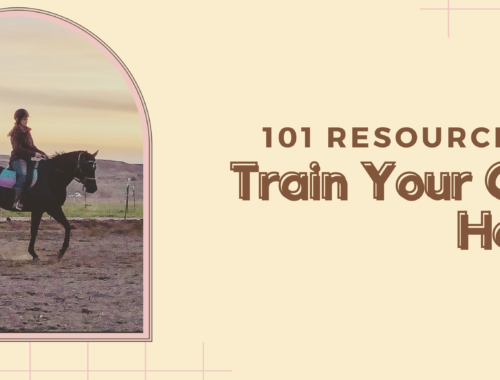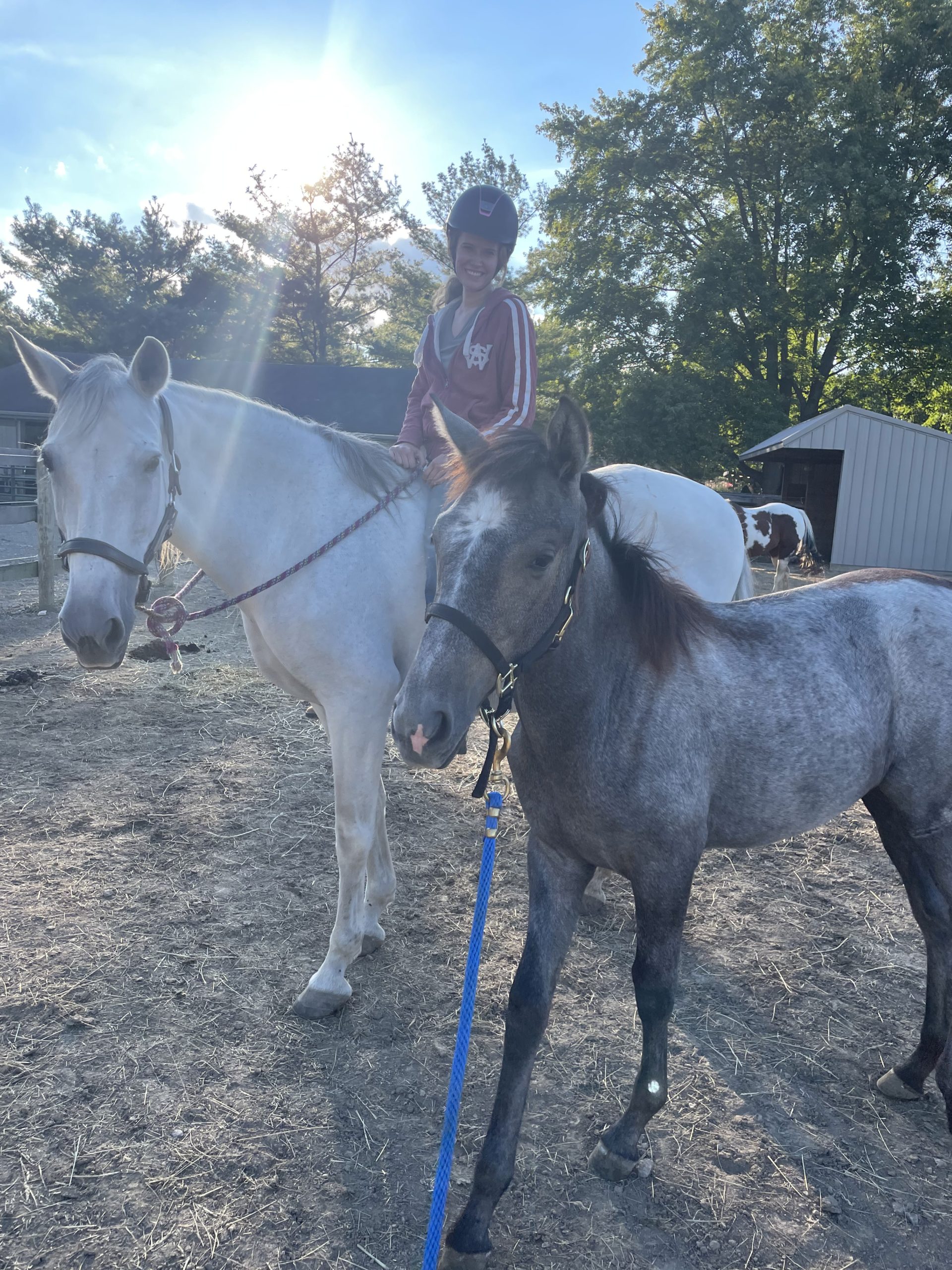The Power of “and”

One thing I’ve noticed in my own experience with horses, whether by myself or from watching others, is the emotion that goes into training. Many people work with horses because they love them, and that love can create a tricky situation. We become invested in our horses, our emotions become somewhat dependent on them. Oftentimes this can cause emotional stress, for both horse and human. I am not a licensed psychologist or psychiatrist- however I do have over 8 years experience of battling with an eating disorder, and being on the receiving end of various therapy methods. So when I move into spaces with horses I often carry the words and teachings of my therapists in my mind, as there are many beautiful teachings that can apply to injured souls – regardless of their species. Something that has been increasingly obvious to me is the presence of dialectics.
A dialectical, simply put, is the idea that two opposing things- while seemingly opposite- can both be true. For those of us who may struggle with mental health issues this is probably a familiar word, as it plays a role in one of the most powerful and popular therapy methods today- DBT or Dialectical Behavioral Therapy. So for example, a dialectic could be: “My horse didn’t do what I asked and he is still a good horse” or “I ate X “bad food ” and I still need to eat dinner”. Do you see the key phrase there? And. And. In horse training, as in real life there are “ands”. Spaces where two opposing things can be happening, regardless of how we feel about them.
“Opposite to emotion reaction” is a skill that they teach in DBT therapy to deal with these moments of “and”. Broken down pretty simply this skill asks us to take a step back from the moment. Our mind & body is telling us to do one thing, to only see one half of the equation. This mindset can be tricky, as it often leads to a negative behavior. Let’s say we ask our horse to back up and he ignored the cue. We see one side of the equation, “my horse ignored me” and our immediate response might be to escalate pressure, because we are operating under the assumption that our horse is ignoring us, and needs to listen. But when we throw “and” into the mix we might be able to see things differently. “My horse ignored my command, and I know he can hear his buddy out in the pasture playing, maybe I should ask again. Maybe I should change his environment.” So whereas our first instinct might have been to react louder, bigger, harder, when we are able to pause and add in that “and” we allow ourselves the space and time to come up with a more appropriate and kind reaction.
When we learn to pause & act with intention we are able to move ourselves in a more positive direction & keeps ourselves safe. I believe this is true with horses as well, because far too often we become frustrated or upset & lash out with anger, fear, frustration. Instead, pause. Consider what your emotions are telling you to do, then consider if this is really in line with your values, be it as an equestrian or just in life. What might the rest of the sentence be? Is there an “and” here? Then… opposite to emotion reaction. React with kindness instead of anger, create peace for yourself & your horse.
Consent based Training:
You May Also Like

101 Resources to Train Your Own Horse
February 28, 2022